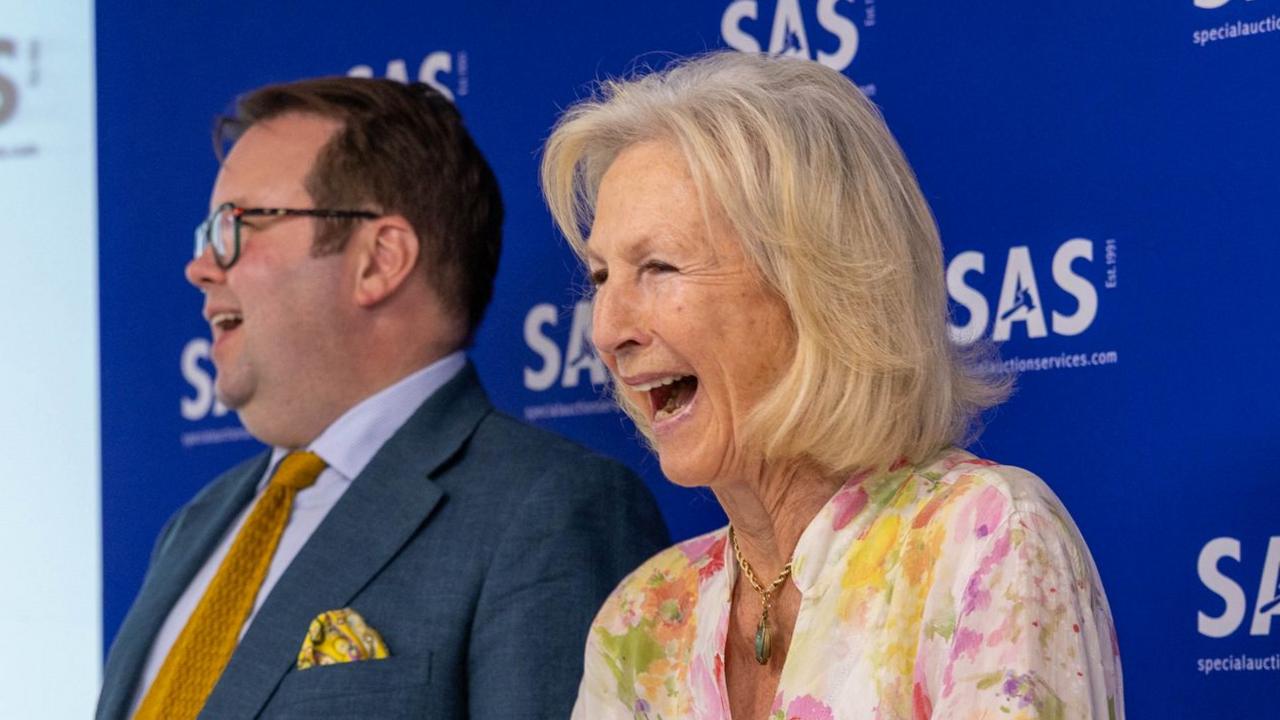Unofficial currency used for centuries to be sold
- Published
For centuries, an unofficial form of currency was used in towns across England - made by local businesses for local people. Now, the coins, known as tokens, are collectables and a large number of them are set to go under the hammer in Wiltshire.
Kim Day has examined hundreds of the tokens as part of her work at RWB Auctions in Royal Wootton Bassett.
"During periods where there isn't much official currency around, local businesses tend to step in and create their own little tokens. So these would have been exchanged for people shopping, to pay people," she said.
A large private collection featuring hundreds of tokens is being sold at the auction house on 24 September. The coins date from the 1600s to the 1950s, with the majority from businesses and towns in Wiltshire.
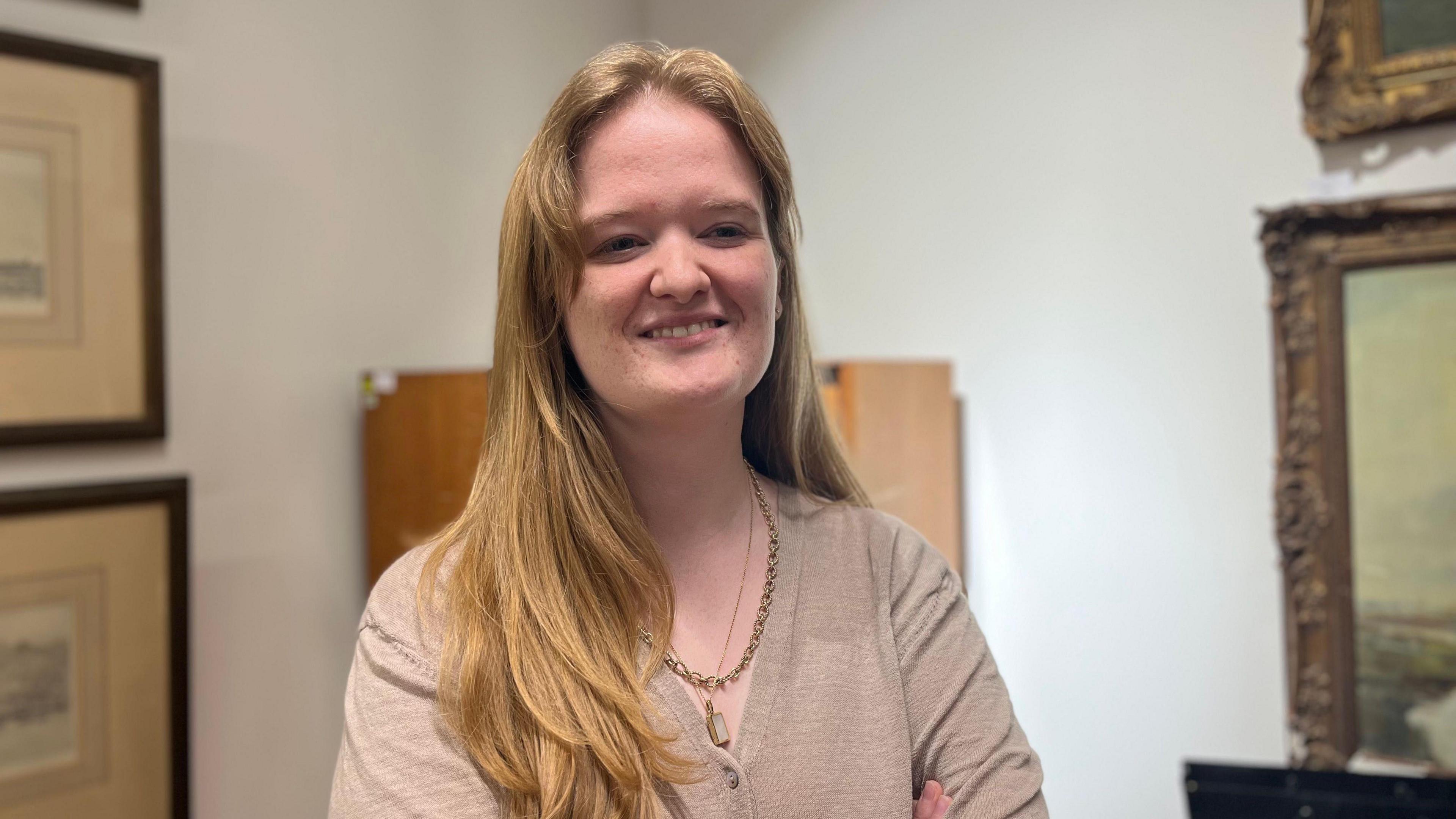
Kim Day is a coin expert at the auction house and has been going through the collection
They would have been made all over the country, all unique to their own area, but this collector lived in Wiltshire.
A few in the collection from the 1600s are tiny, but very clean. Swindon can be clearly seen on one, with the name William Heath, and another is from Devizes.
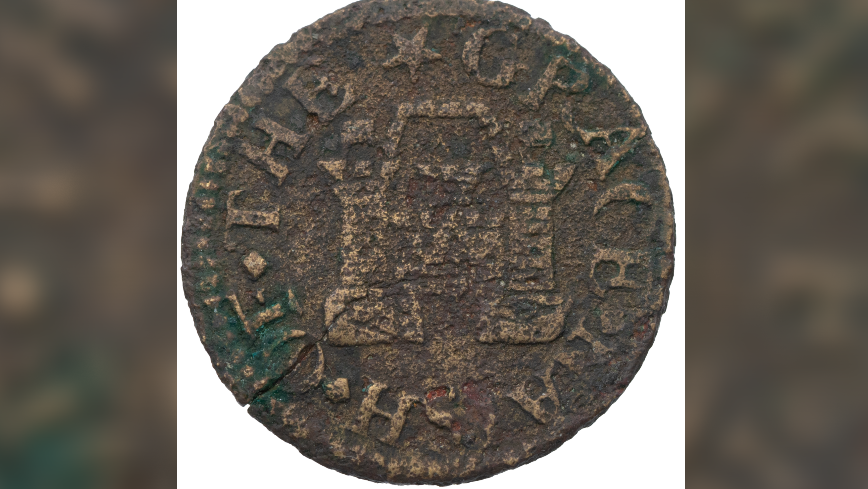
One of the earliest in the collection is from Devizes in the 1600s, from a female businesswoman called Grace Naish
"This one's really interesting because it's got the name Grace Naish on it. That tells us it was made by a woman.
"This was in the 1650s, so you didn't really have many female business owners back then," said Ms Day.
The token has an imprint of what appears to be cloves on one side, an indication that Grace could have been a grocer, she added.
Ms Day found a marriage record in Devizes from the time, proving Grace was a real person and important enough to issue her own local currency.
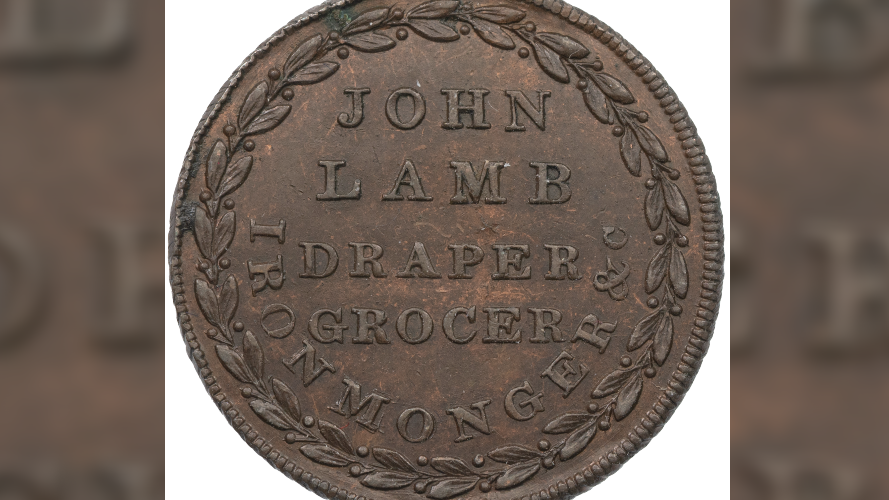
A token from the regency period shows one businessman to have many talents
Ms Day explained it is likely the tokens "would have been used no further than the town they were made in".
It is not just shops, but pubs that issued them too. One from 1810, the regency period, is very well-preserved and decorated and was from business owner John Lamb in the Cricklade area.
He covered a few trades, according to the coin, which reads draper, grocer and ironmonger.
There are numerous tokens from over the centuries in the collection - from pubs in Trowbridge, to businesses in Melksham and tokens for pay from the old Great Western Railway works.
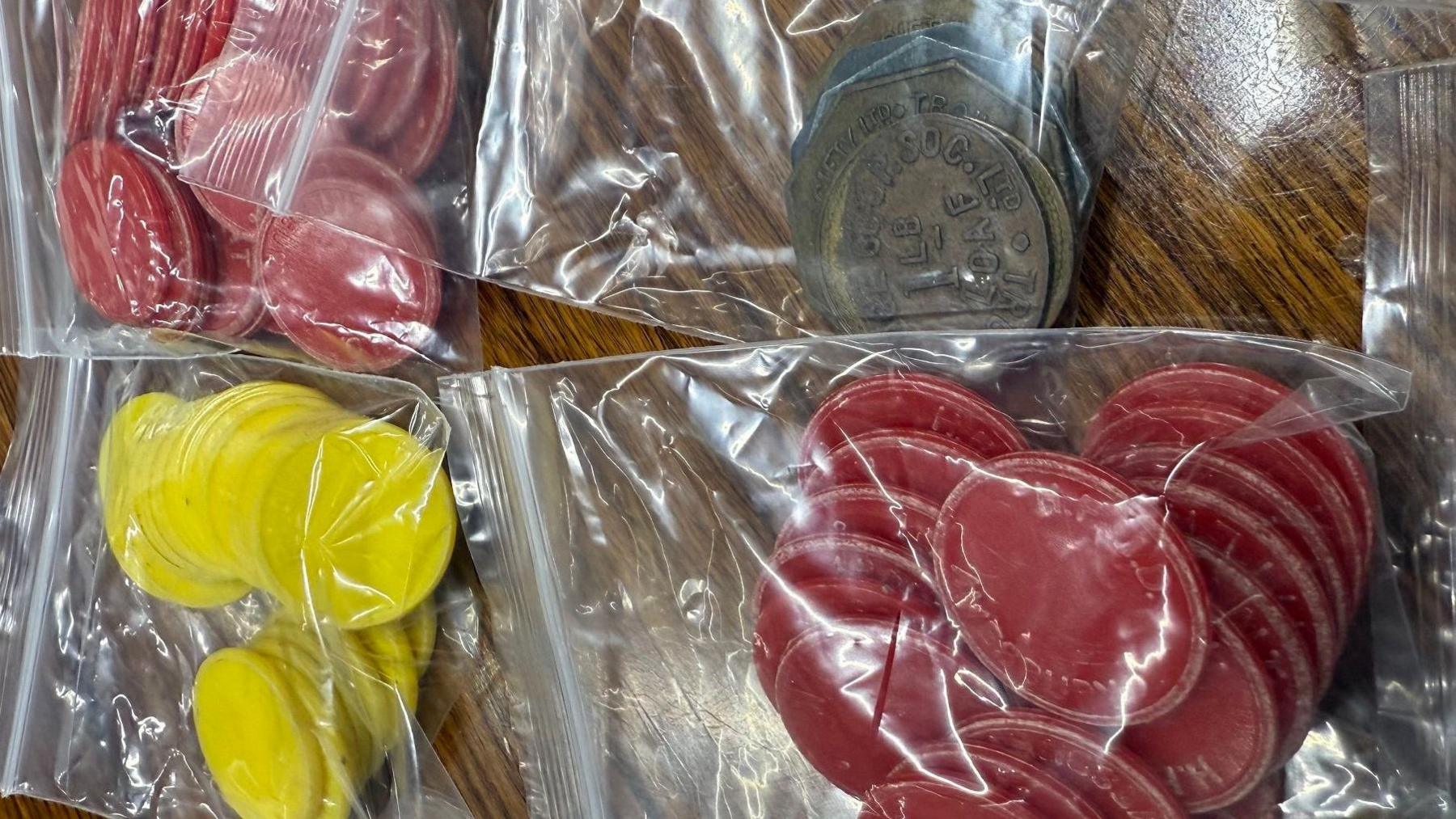
Many tokens from the 1940s onwards are more colourful
The more recent tokens - from the 1940s and 1950s - are more colourful, some looking more like plastic tiddlywink counters in red and yellow, while others are aluminium.
A lot of this part of the collection are dairy tokens from Amesbury or for loaves in Swindon.
Head auctioneer Gareth Wasp explained: "They would take it from your salary or your wages and get the tokens in return. You would have been able to exchange them for eggs, dairy products."
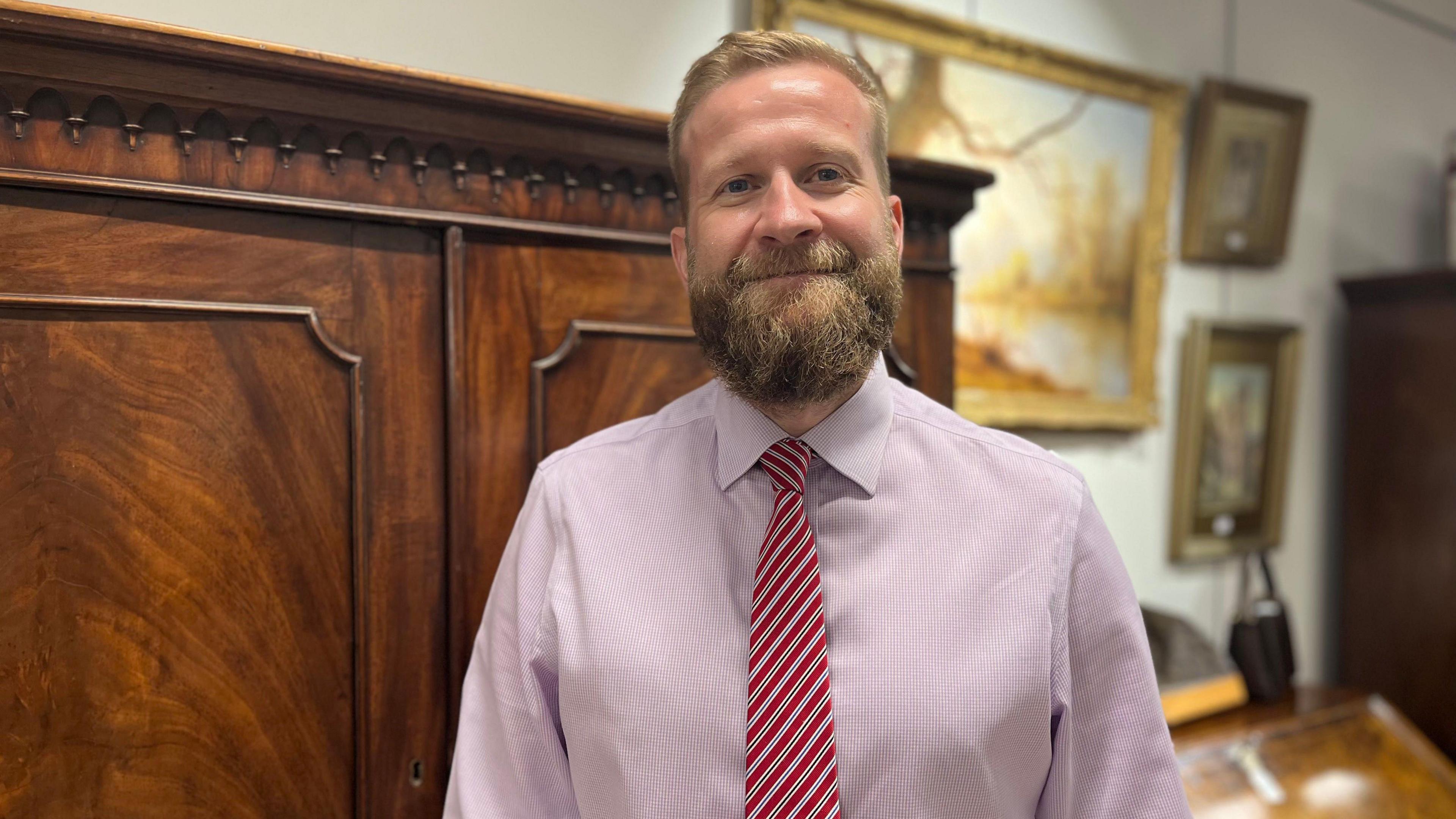
Head auctioneer Gareth Wasp explained the more recent tokens had obvious uses - such as for pints of milk
Ms Day said the items are not expected to fetch high prices at auction, but they reveal a lot about a place.
"The Wiltshire tokens, even the quite old ones, they're not super valuable on a collectors market.
"You can pick these up for as little as £50, even really old coins, so it's a very accessible area of coin and token collecting to get into. You can own a piece of local history for not that much really," she added.
Get in touch
Tell us which stories we should cover in Wiltshire
Follow BBC Wiltshire on Facebook, external, X, external and Instagram, external. Send your story ideas to us on email or via WhatsApp on 0800 313 4630.
More stories like this
- Published25 September 2024
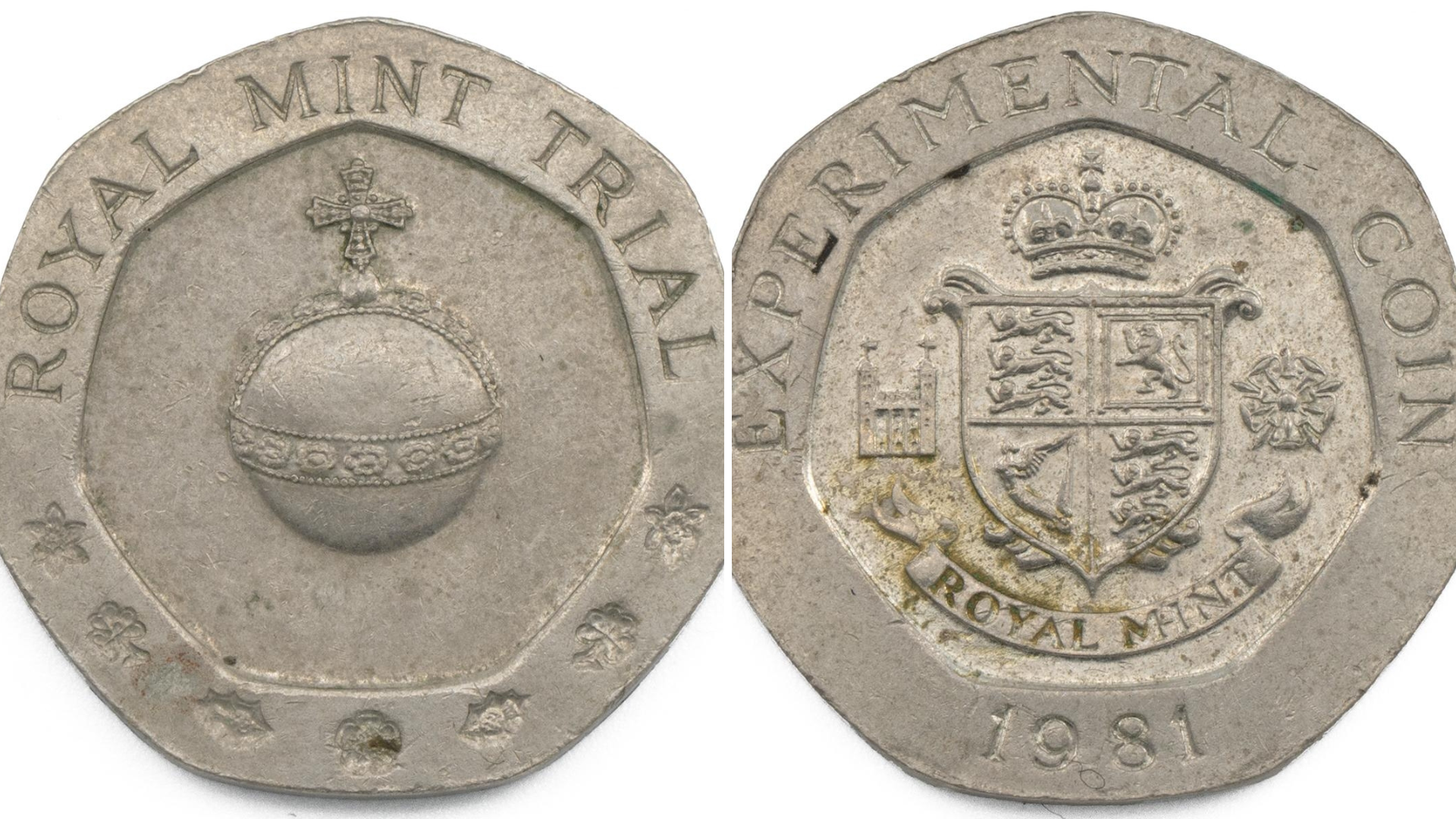
- Published26 February
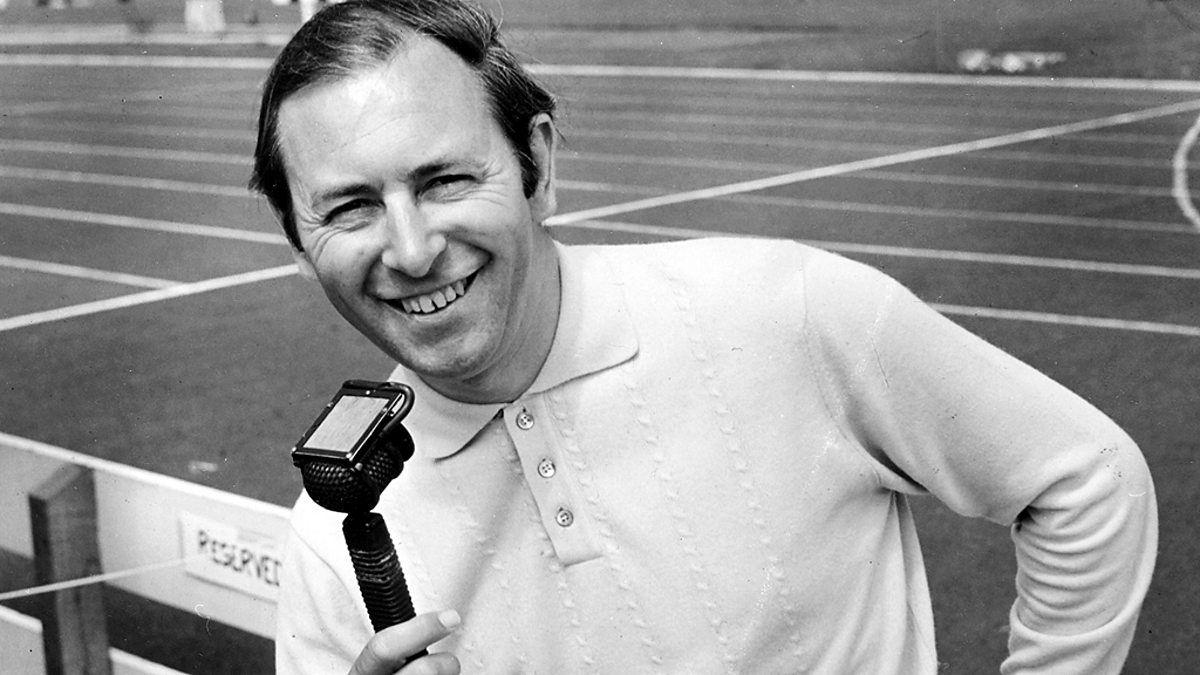
- Published26 June
